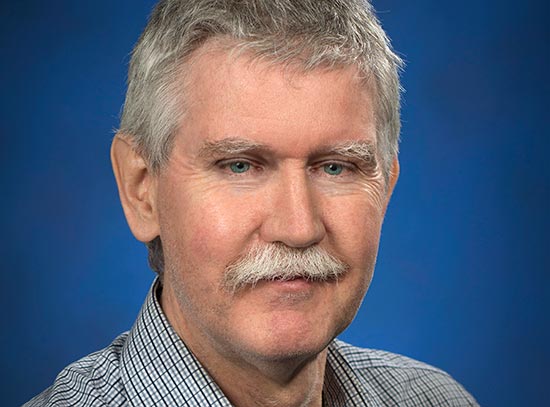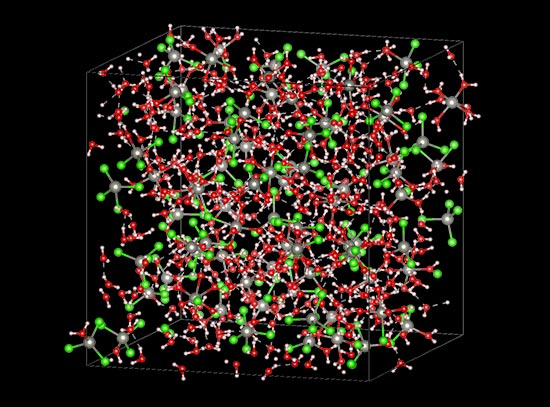The field of Condensed Matter Physics and Materials Science integrates the knowledge and tools of chemistry and physics with the principles of engineering to understand and optimize the behavior of materials, as well as to create new and improved materials to help fulfill the missions of the U.S. Department of Energy.
News
Research Groups
Condensed Matter Theory
Conducts basic research over a wide swath of theoretical physics, ranging from strongly correlated electrons to first principle electronic structure theory.
Neutron Scattering
Studies the role of antiferromagnetism in high-temperature superconductors. The interaction of charge carriers with magnetic moments is of critical importance but remains a challenge to understand.
X-Ray Scattering
Carries out basic studies of the structural, electronic and magnetic properties of condensed matter systems using synchrotron-based x-ray scattering techniques.
Nanoscale Structure and Structural Defects in Advanced Materials
Utilizes advanced electron microscopy techniques to study nanoscale structure and defects that determine the utility of functional materials, such as superconductors, multiferroics, and other energy related systems including thermoelectrics, photovoltaics, and batteries.
Molecular Beam Epitaxy of Superconducting Oxides
Addresses key open questions in HTS physics such as the dimensionality of the HTS phenomenon, the spin and charge of free carriers, the nature of the superconducting transition, the role of charge stripes (if any) in the HTS state, the nature of the overdoped metallic state, and more.
Spectroscopic Imaging
Span a wide range of quantum matter systems, including superconductors, superfluids, supersolids, electronic liquid crystals, topological insulators superconductors & superfluids, heavy fermions, and spin liquids. Throughout, the focus is on development of innovative techniques and approaches to each problem.
Chiral Materials and Unconventional Superconductivity
Studies both the microscopic and macroscopic properties of complex and nano-structured materials with a view to understanding and developing their application in different energy related technologies
The Condensed Matter Physics and Materials Science Department is part of Brookhaven National Laboratory's Energy Sciences Directorate.












